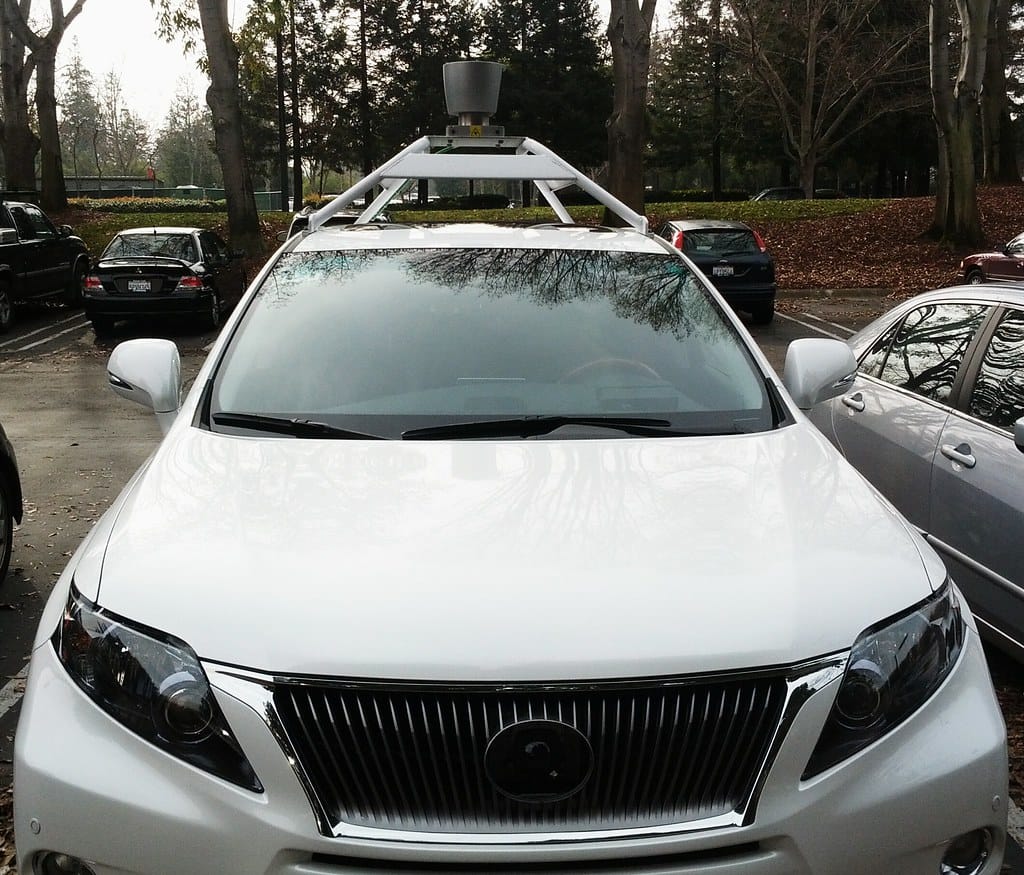Lyft Partners with Chinese Tech Giant to Deploy Autonomous Vehicles in Europe
Lyft is making a bold strategic move by partnering with Chinese autonomous vehicle manufacturer Pony.ai to introduce driverless cars across Britain and Germany, marking the ride-hailing company's first major expansion into European markets with cutting-edge Chinese technology.
A Strategic Alliance Crossing Continents
The partnership between San Francisco-based Lyft and Guangzhou-headquartered Pony.ai represents more than just a business deal—it's a signal of how the global autonomous vehicle landscape is rapidly evolving. While specific financial terms remain undisclosed, the collaboration will see Pony.ai's self-driving vehicles integrated into Lyft's ride-hailing platform across select cities in both countries starting in 2024.
This move comes at a time when European regulators are increasingly open to autonomous vehicle testing, with both the UK and Germany having established regulatory frameworks that allow for controlled deployment of self-driving technology on public roads.
Why Europe, Why Now?
Lyft's decision to enter Europe through autonomous vehicles rather than traditional ride-hailing services is particularly noteworthy. The company previously sold its European operations to focus on the North American market, but the maturation of self-driving technology presents a new opportunity.
"Europe represents the next frontier for autonomous mobility," said David Risher, Lyft's CEO, during the announcement. "By partnering with Pony.ai, we're bringing together our platform expertise with their proven autonomous technology to create safer, more efficient transportation options."
The timing aligns with European cities' growing emphasis on sustainable transportation solutions. Both Britain and Germany have committed to significant reductions in urban emissions, making autonomous electric vehicles an attractive option for meeting these environmental goals.
Pony.ai's Technological Edge
Pony.ai brings considerable expertise to this partnership, having accumulated over 15 million autonomous miles across China and the United States. The company's vehicles utilize advanced LiDAR sensors, high-definition cameras, and proprietary AI algorithms that have demonstrated strong safety records in diverse urban environments.
Recent data from Pony.ai's operations in Guangzhou show their vehicles maintain a disengagement rate of less than 0.1 incidents per 1,000 miles—a metric that places them among the top performers in the autonomous vehicle industry. This safety record will be crucial as they navigate European roads, which present unique challenges including narrow streets, complex traffic patterns, and varying weather conditions.
Regulatory Landscape and Market Implications
The deployment won't happen overnight. Both the UK's Centre for Data Ethics and Innovation and Germany's Federal Motor Transport Authority require extensive testing and certification processes. Initial operations will likely begin in controlled environments such as business districts or specific routes with dedicated lanes.
This partnership also highlights the growing influence of Chinese technology companies in the global autonomous vehicle market. Despite ongoing geopolitical tensions, the technical capabilities of companies like Pony.ai are increasingly difficult for Western markets to ignore.
Industry analysts suggest this collaboration could pave the way for other Chinese AV companies to enter European markets, potentially accelerating the overall adoption of autonomous technology across the continent.
Challenges and Opportunities Ahead
The venture faces several hurdles, including public acceptance of autonomous vehicles, integration with existing transportation infrastructure, and potential regulatory changes. European consumers have historically shown more skepticism toward new transportation technologies compared to their Asian counterparts.
However, early pilot programs in cities like Hamburg and Manchester could demonstrate the technology's benefits, particularly in reducing traffic congestion and providing mobility options for elderly or disabled residents.
The partnership also creates opportunities for knowledge transfer, with Pony.ai's experience in dense urban environments potentially benefiting European cities dealing with similar challenges.
The Road Forward
Lyft's partnership with Pony.ai represents a significant shift in how ride-hailing companies approach international expansion. Rather than competing directly with established players like Uber in traditional markets, Lyft is betting on autonomous technology as a differentiator.
Success in Europe could establish a template for similar partnerships in other regions, potentially positioning Lyft as a global platform for autonomous mobility services rather than just a North American ride-hailing company.
As the autonomous vehicle industry continues to mature, partnerships that combine platform expertise with technological innovation may prove to be the winning formula for bringing self-driving cars to mainstream adoption worldwide.

